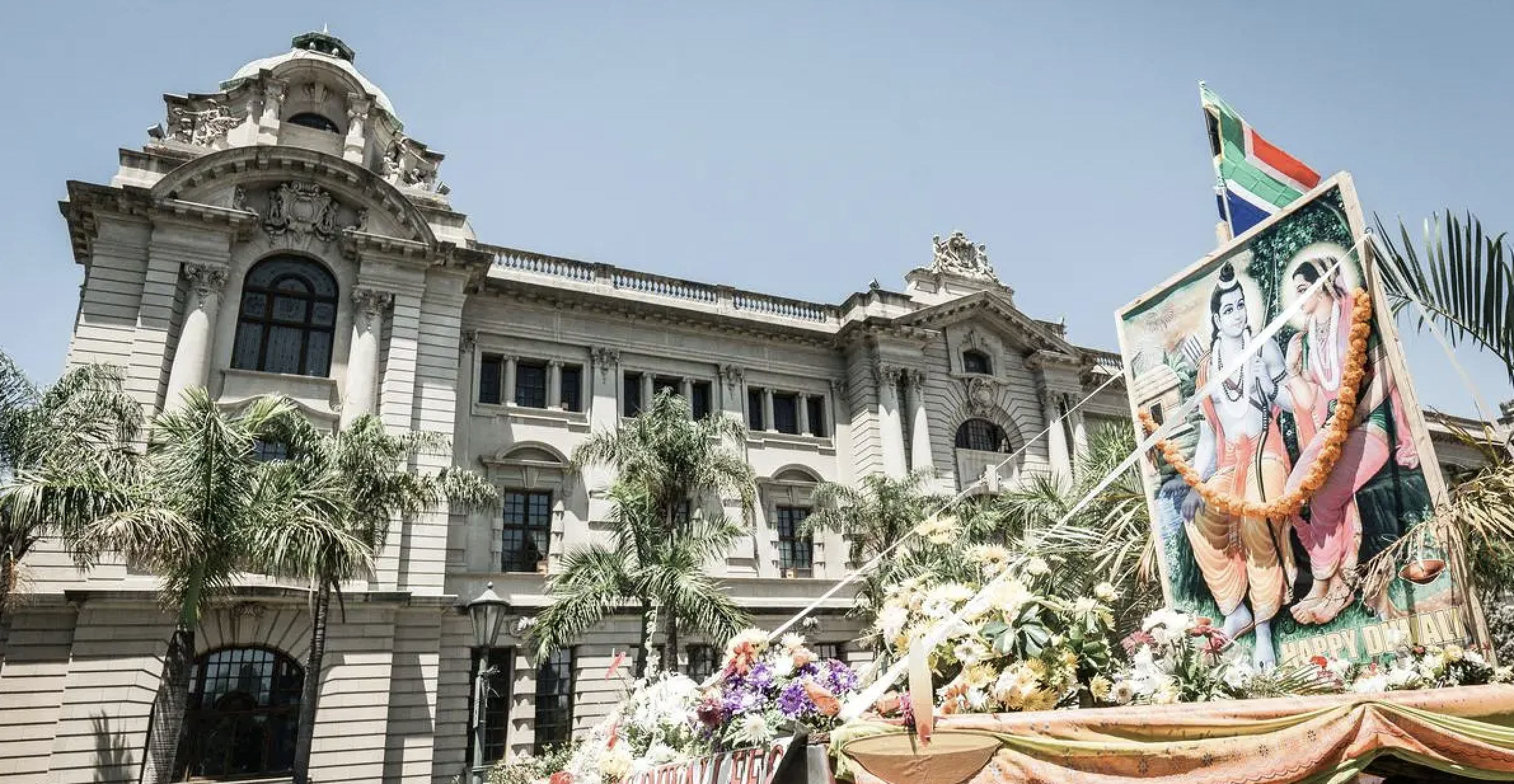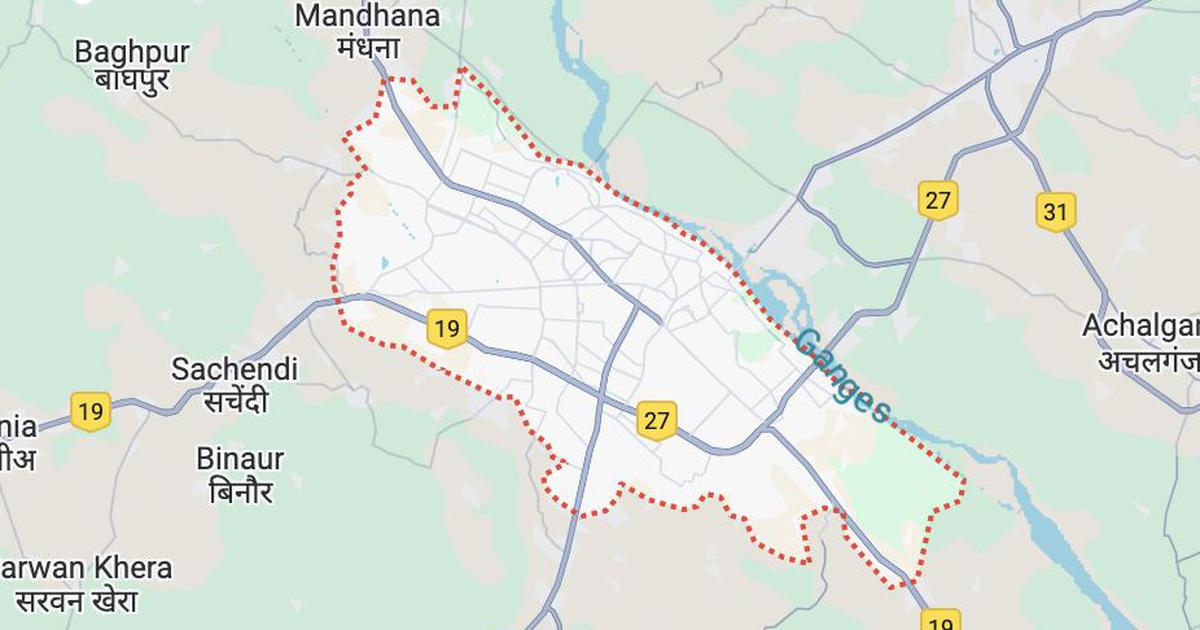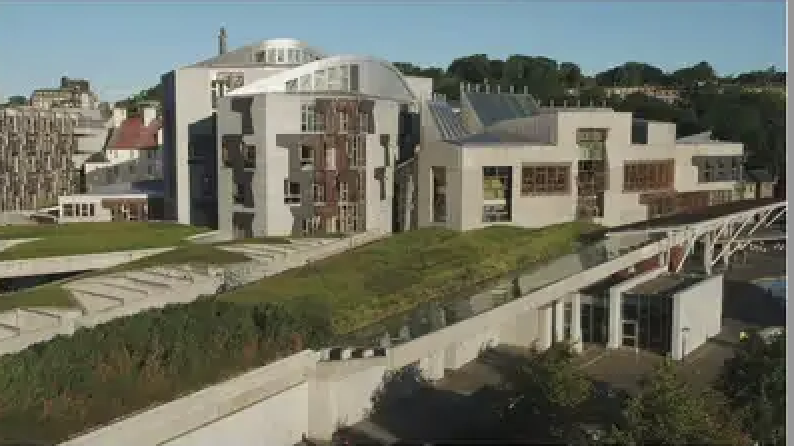
Hindu nationalism has gained significant prominence in India under the Modi government, which has been in power for the past decade. This ideology, which equates Indian identity with Hinduism, has fueled rising religious and political tensions within the Indian diaspora, including in South Africa.
The growing influence of Hindu nationalism in South Africa, fueled by the ruling BJP and Prime Minister Modi in India, poses a serious threat to the country’s social cohesion. Extremist organizations like the Vishwa Hindu Parishad (VHP), the Hindu Swayamsevak Sangh (HSS), and the Hindu Unity Forum are actively spreading these ideologies within the South African Indian community, contributing to rising religious tensions and the potential for conflict.
Since Modi took power in 2014, his government has made extensive efforts to cultivate goodwill among the global Indian diaspora, including in South Africa. In 2016, Modi visited South Africa and addressed a Johannesburg stadium packed with 11,000 people. Many people, particularly Hindus, saw Modi as representing a strong, assertive India that is on the rise globally. At the same time, the rise of Hindu nationalism under Modi has unleashed a wave of religious polarization across the global Indian diaspora.
In March 2023, an interfaith prayer meeting organized by Ela Gandhi at the Phoenix Settlement near Durban aimed to foster peaceful, free, and fair elections in South Africa. However, the absence of a Hindu religious leader offering a prayer for collective peace sparked significant backlash on social media, highlighting the growing tensions within the South African Indian diaspora. This incident is emblematic of the rising Hindu nationalist rhetoric within this community, which comprises around 2.7 percent of South Africa’s population (1.7 million people). Of these, approximately 41 percent are Hindu, 25 percent Muslim, and 24 percent Christian.
This story was originally published in politics-dz.com. Read the full story here.






